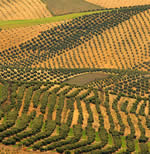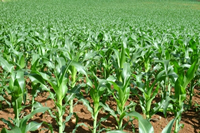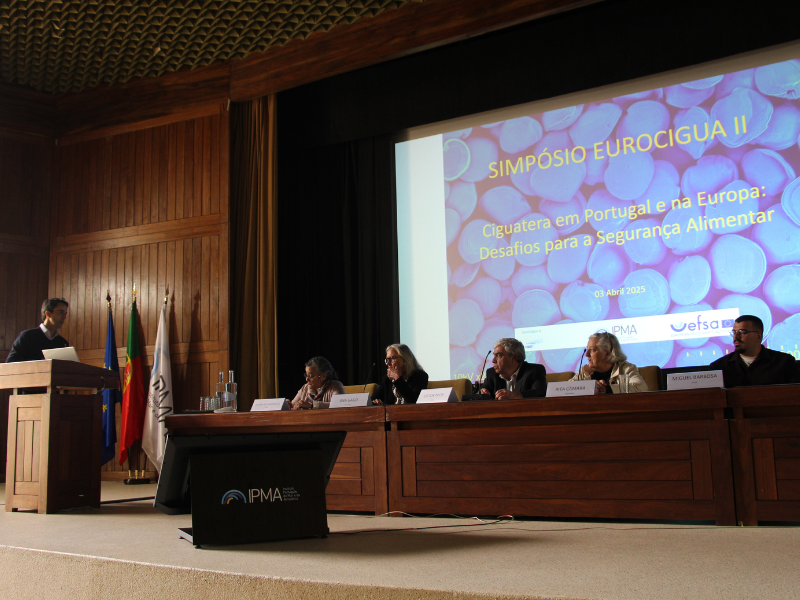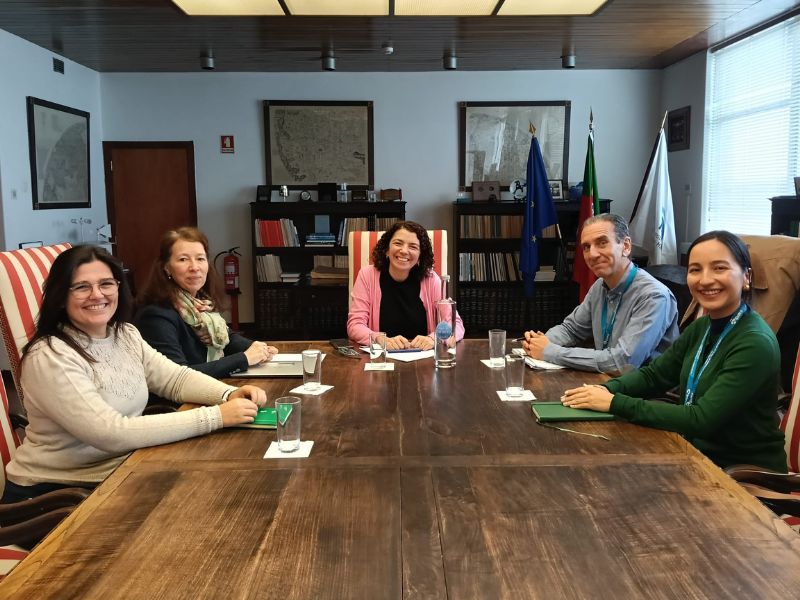About agrometeorology
Weather conditions are one of the main factors that influence the development and agricultural production. Consequently, agro-meteorological information is importance for planning of agricultural activities and decision-making by the community linked to agriculture.
Sea and Atmospheric Portuguese Institute (IPMA) prepare and disseminate information on agro-meteorological conditions during each growing season, IPMA is committed to improving its services by developing new products and applications of interest to the agricultural sector.
The daily observations of network of weather stations, alow to monitor continuously the weather conditions in different regions through the elements of interest in agriculture (air temperature, amount of precipitation, etc.) as well as the determination of specific parameters, as the temperature accumulated water in the soil or the potential evaporation, among others. Moreover, the objective analysis with use of numerical models of weather, such as the limited area model "Aladin", allows to estimate various parameters of interest agrometeorological in a regular grid of high resolution, which comprises the whole of the continent. Analysis of these results in the various time scales (daily, ten day, monthly, yearly) thus allows the knowledge of agro-meteorological situation and its evolution, particularly through the statistical treatment of the respective data.
In the context of agro-meteorology, work on development in IPMA, want to contribute to a better understanding of the influence of climate on crop development and agricultural production in Portugal.
In addition to the renewed Weather Report for agriculture available to respective subscribers since January 2011, which includes extensive information on the weather and the agro-meteorological parameters in the three decades of each month, the IM features in this area of agro-meteorology its website, daily and monthly maps of various agro-meteorological elements relevant to agriculture, as well as specific products for fruit crops (chill hours for fruit) and viticulture (thermal durations for the vines).




